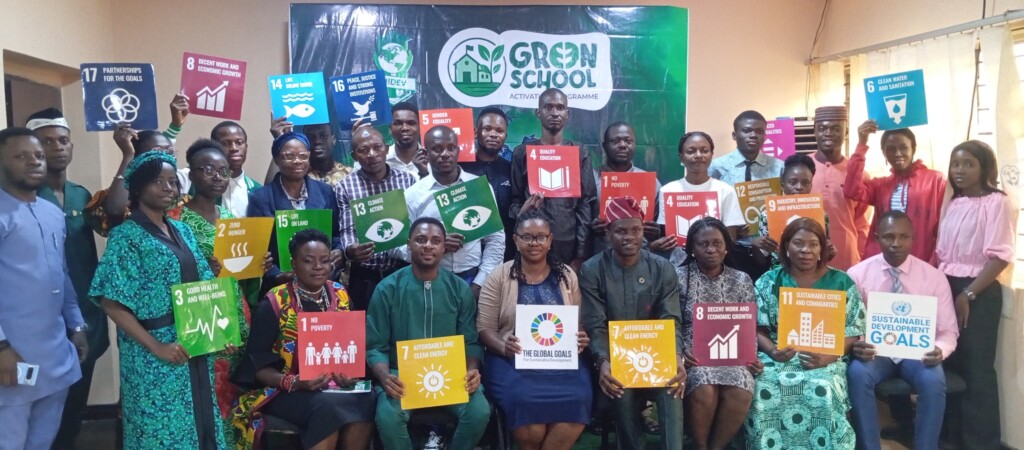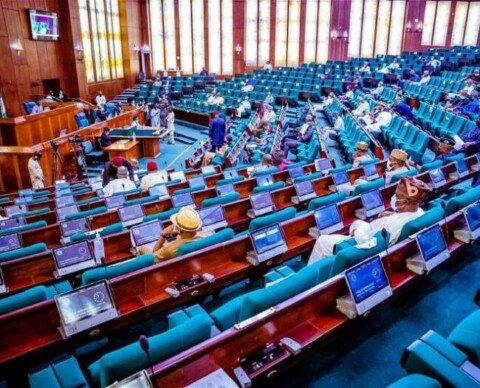Education experts have called for urgent reforms in Nigeria’s school curricula to integrate environmental sustainability knowledge and promote eco-friendly practices among students.
The call was made at the Green School Activation Summit, organised by the Advance Initiative for International Development (AIIDEV), at the Centre for Sustainable Development (CEDEV), University of Ibadan, Oyo State.
The event also witnessed the launch of the Green School Activation Programme, a first-of-its-kind initiative aimed at embedding green education and whole-school sustainability practices in secondary schools across Nigeria and Africa.
Currently piloted in the FCT, Lagos, and Oyo State, the programme has reached over 100 schools and 300 teachers. It adopts a whole-school approach that fosters green learning environments, school gardening for food security, climate education, eco-friendly infrastructure, innovation, and circular economy principles.
Delivering the keynote lecture on “Promoting Green Education and Whole-School Approach in Nigeria,” Prof. Adejoke Akinyele, Dean, Faculty of Renewable Natural Resources, University of Ibadan, decried Nigeria’s worsening environmental crises, citing deforestation, pollution, and climate change. She stressed that education remains the most effective tool for cultivating environmentally responsible citizens.
“Green education integrates environmental, economic, and social sustainability into the heart of learning,” Akinyele said, recommending the Whole-School-Approach model, which combines curriculum reform, eco-friendly facilities, school culture transformation, community engagement, and behavioural change.
She further noted that the initiative aligns with UNICEF’s Green School Programme, encouraging schools to create green spaces, adopt renewable energy, establish waste management systems, and promote student-led climate actions.
Emmanuel Ola-Olowoyo, Regional Lead of AIIDEV Africa, reaffirmed the organisation’s commitment to driving a national green education movement. He explained that schools would be supported with seeds, teaching resources, and expert training for teachers, with each school expected to appoint at least two agriculture teachers to spearhead sustainability efforts.
Other contributors showcased practical solutions. Mrs Adejumoke Olowokere, Founder of the Waste Museum, Ibadan, demonstrated how schools can recycle food waste into compost and repurpose materials like Trawap for teaching aids. Similarly, Mr Mayokun Iyaomolere, Executive Director of Plogging Nigeria, advised schools to begin with small steps such as sustainability audits and gradual adoption of eco-friendly teaching environments.
Also speaking, Prof. Timothy Nubi, Founding Director of the Centre for Housing and Sustainable Development, University of Lagos, emphasised the critical role of green education in tackling Nigeria’s environmental challenges.
In his remarks, Rahman Mogaj, National Focal Point of the Greening Education Partnership, unveiled the National Network of Accredited Green Schools, a certification system designed to reward schools that champion sustainability and connect them with global collaborations and resources.





